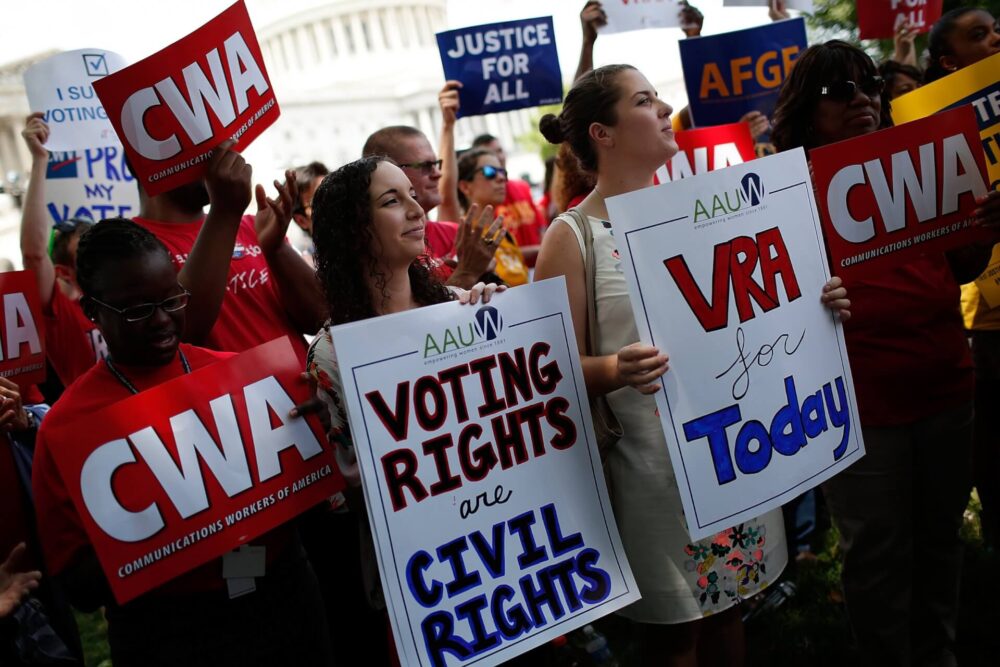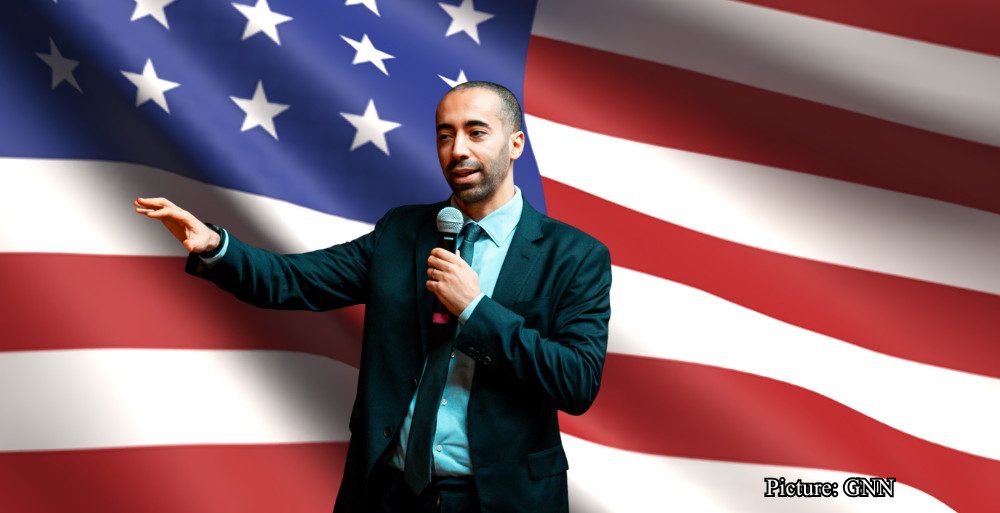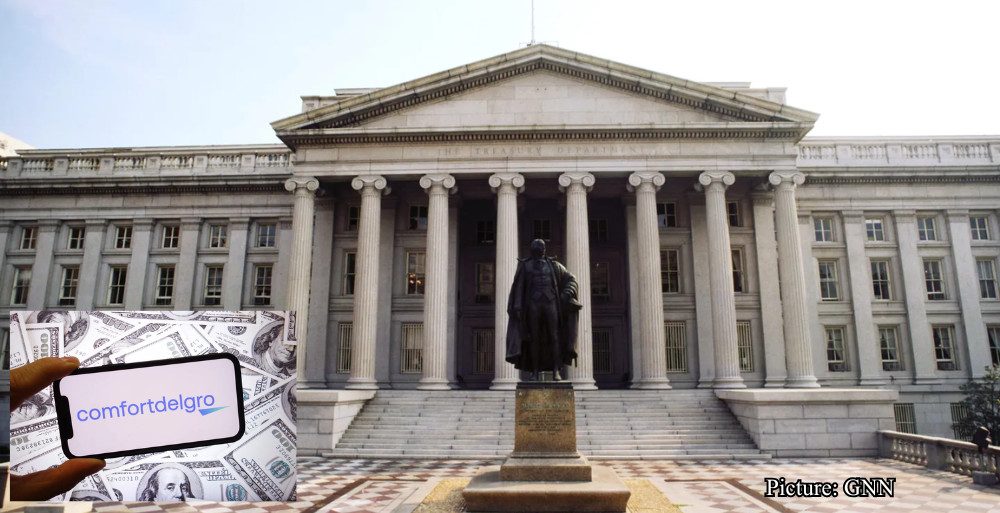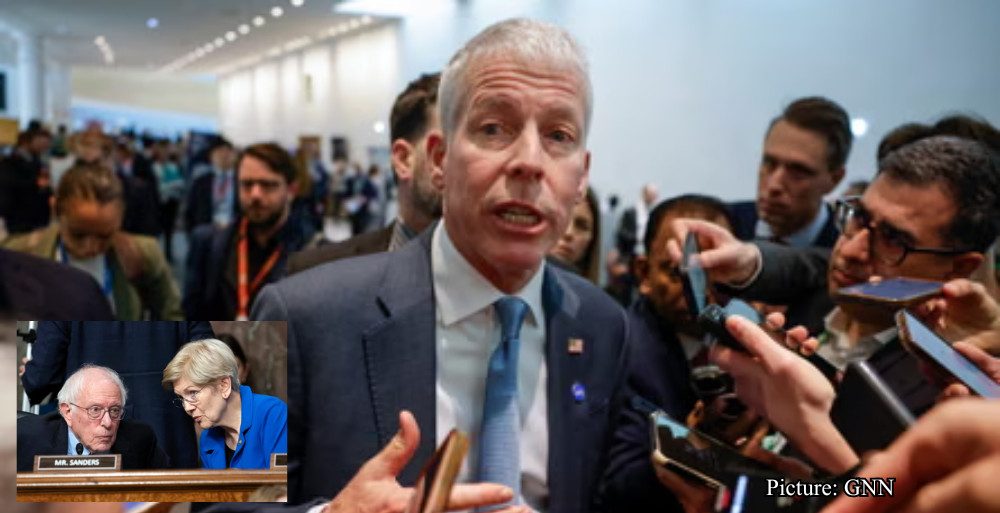The U.S. Supreme Court appears poised to reconsider a fundamental aspect of the Voting Rights Act of 1965, a landmark civil rights law. During oral arguments on October 15, 2025, the Court’s conservative majority indicated openness to limiting the application of Section 2, which prohibits voting practices that discriminate based on race.
The case centers on Louisiana’s congressional redistricting plan, which created a second majority-Black district. A group of non-Black voters challenged this move, arguing that it diluted their voting power. Lower courts had previously upheld the creation of the second district, citing the need to address historical racial discrimination.
Justice Brett Kavanaugh questioned whether race-based redistricting should have an indefinite timeline, suggesting that such measures should have an endpoint. Chief Justice John Roberts also expressed skepticism about the necessity of race-conscious districting. These remarks signal a potential shift in the Court’s approach to redistricting and voting rights protections.
If the Court rules to limit Section 2’s applicability, it could significantly impact how states draw electoral districts, particularly in the South, and affect the political representation of minority communities.















